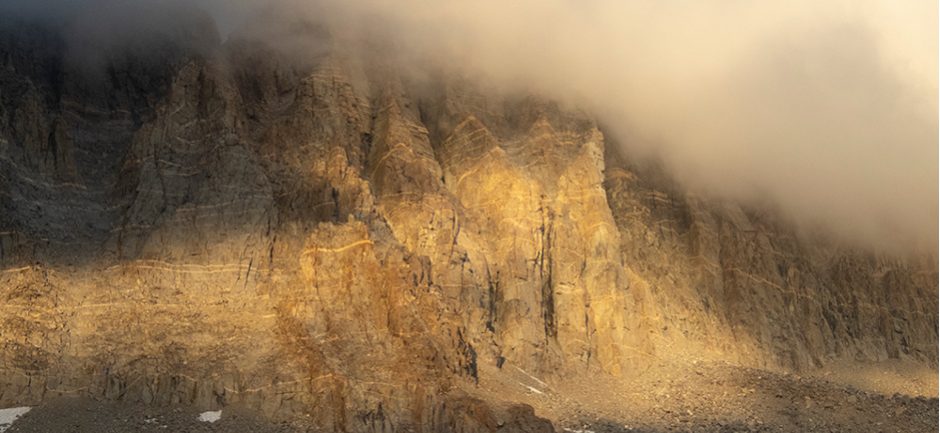Most of the Ursula LeGuin books I’ve read are dystopias, not unescapable darkness, but unsettling visions of possible futures or scenarios. The Word for World is Forest is a disturbing portrait of evil even more relevant in these days of #meToo. The Earthsea Trilogy is another mix of light and dark and one of my favorite series.
My most recent LeGuin reads, The Telling and the Left Hand of Darkness, are definitely dystopias, but with a difference. There is some light visible, some way, difficult perhaps, out of the darkness and toward the light. They are both critiques and messages of hope.
We live in capitalism, its power seems inescapable — but then, so did the divine right of kings. Any human power can be resisted and changed by human beings. Resistance and change often begin in art. Very often in our art, the art of words.
To read more of LeGuin’s thoughts on writing, and writing for change, see Words are My Matter and Maria Popov’s Freedom and Creative Vitality in a Market Society: Ursula K. Le Guin on Saving Books from Profiteering and Commodification.

Pingback: LeGuin on Dystopia | Musings on the Path